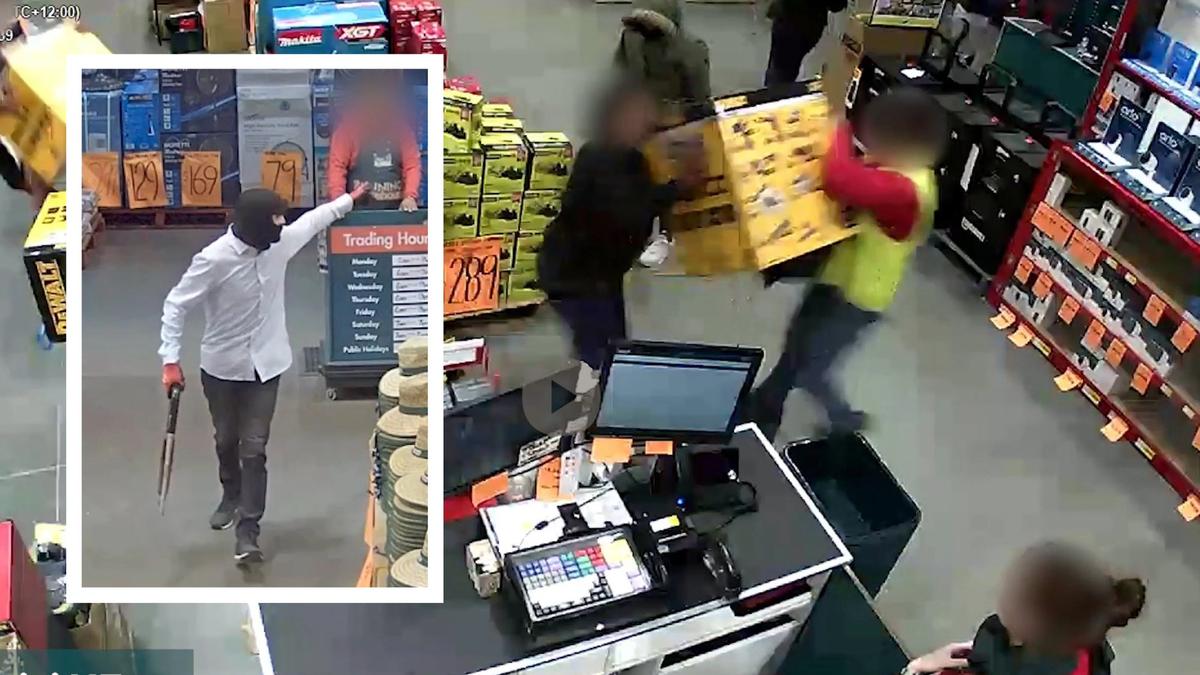Retail crime: Myer boss Olivia Wirth claims ‘endemic’ escalating with WA emerging as one of the worst States
By Cheyanne Enciso
Copyright thewest

WA is emerging as one of the worst States for retail crime at department store Myer, with boss Olivia Wirth revealing almost two-thirds of incidents at its stores now involve threatening and aggressive behaviour.
Ms Wirth on Tuesday said retail crime was “endemic” and had escalated across Australia, echoing comments from other major retailers in recent months.
“There is, quite frankly, an alarming rate of anti-social behaviour towards our staff,” she said. “The problem is endemic and has clearly escalated in the past 12 months. Not only is it happening more often, but the severity of incidents is growing.”
Threatening and aggressive behaviour occurs in 60 to 70 per cent of incidents in all States, with the highest in Victoria — about 70 per cent.
Myer has invested $4 million on in-store security measures — including more CCTV, body-worn cameras, improved security tagging for merchandise and rolling out glass cabinets for high-value products like cosmetics and fragrances — to reduce the amount of theft by $9m this year.
Body cameras are worn by its staff in the Perth City and Karrinyup stores.
Discount department chain Kmart and hardware giant Bunnings are facing increased scrutiny for their use of the technology, which they said was needed to curb rising theft and violence in its stores.
Meanwhile, Woolworths revealed to The Sunday Times that violent incidents in WA are up 19 per cent so far this year, and were up 33 per cent last year.
Ms Wirth is open to potentially introducing facial recognition technology to prevent crime in stores, as debate swirls around its ethical use.
“We know that other retailers are introducing (facial recognition technology) and trialling it, we’ll obviously continue to talk to other retailers to better understand how that’s helping them deal with such matters,” she said.
“It’s not currently a focus for us, but it’s something that we would consider down the track if we can see other results in other retailers.”
Asked if she was supportive of the use of the cameras, Ms Wirth said “within reason.”
“I think it’s important that you obviously have the consumers in mind, you need to be very conscious of privacy matters,” she told The West Australian.
“There’s a number of considerations to be taken into account and you need to do this in a really thoughtful and careful way to make sure that we’re protecting, not only our team members, but obviously your customers as well.”
Kmart and Bunnings parent company Wesfarmers has long advocated for retailers to be able to selectively use facial recognition technology to identify known offenders in their stores.
“Almost every day somewhere in my network I’m getting an incident report about a team member or a customer who’s been attacked or abused,” Bunnings boss Mike Schneider told The West Australian late last year.



